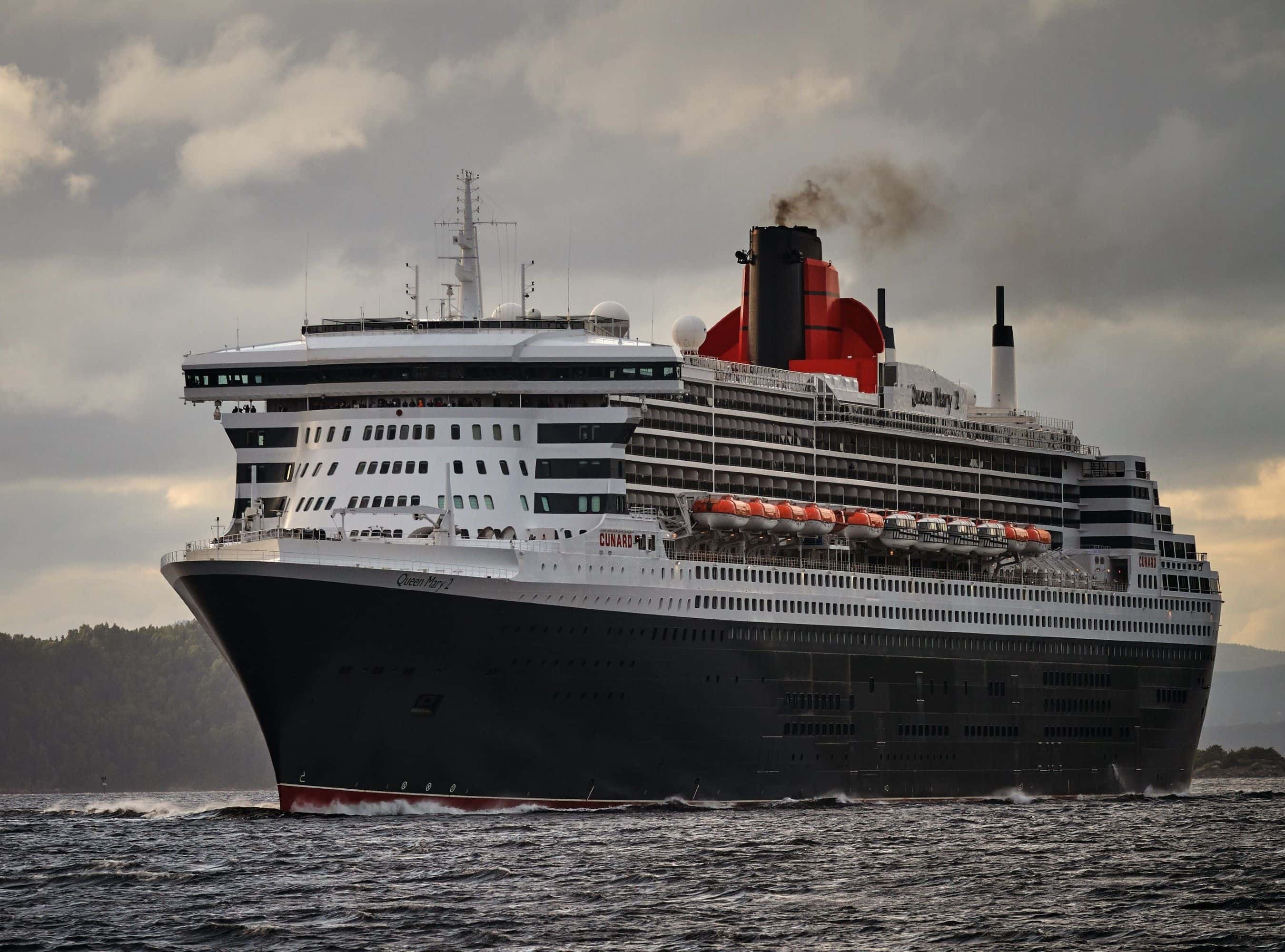Court: United States District Court for the Southern District of FloridaJurisdiction: FederalCase Name: Goins v. Royal Caribbean Cruise, Ltd.Citation: 2017 U.S. Dist. LEXIS 85432
Facts
The plaintiff filed his Third Amended Complaint, which included a single claim of negligence against the defendant, Royal Caribbean Cruises. The plaintiff alleged that while participating in a game on the defendant’s cruise ship, Liberty of the Seas, he tripped and fell, causing a shoulder injury that required surgery. The plaintiff claimed the defendant had provided overly crowded seating and improper lighting, causing him to fall when called up to partake in the game. The plaintiff alleged negligence by the defendant for failing to remove these hazards, warn the plaintiff of the hazard, and lack of safety training for cruise employees. The plaintiff retained a civil engineering expert witness to support his case. The expert’s opinion was challenged by the defendant, who filed a motion with the court to strike the testimony.
The Civil Engineering Expert Witness
The civil engineering expert witness held a B.S. degree in architectural and civil engineering from the University of Miami. He also held a master’s degree in occupational ergonomics and safety in industrial engineering, pending completion of his thesis. The civil engineering expert presently worked as a city engineer in Morganton, North Carolina. In his role, he oversaw all engineering and construction services for all city departments, including Public Works, Public Safety, Water Resources, Parks & Recreation, electricity, and city cable TV systems. His graduate surveys concentrated on biomechanics, human factors, and occupational safety.
The civil engineering expert pursued continuing education by attending a workshop on human factors for the past 20 years and was taking additional classes to retain his certification as a professional engineer in North Carolina. He was also a certified professional engineer in the state of Florida.
The defendant challenged the civil engineering expert witness’s admissibility on the grounds that he was not qualified as a marine or naval engineer and, thus, could not reliably opine maritime norms.
Discussion
The court observed that the defendant struggled to clarify specifically how the event on board the cruise ship required the expert to be skilled as a marine or naval engineer as compared to a civil engineer. The court also noted that the fact that the expert consulted the Life Safety Code and his own knowledge in drawing up his opinions, did not make his findings useless. In fact, the court found that the defendant failed to demonstrate how the environment of the plaintiff’s accident was so distinct from a land-based setting that land-based norms would not apply.
The court did not consider it essential for the expert to depend solely on maritime norms for flooring and step heights since there was no allegation in the official complaint this was somehow a unique maritime setting. The court further noted that the defendant’s objections to the civil engineering expert’s findings on the steps, the tread nosing, the handrail, and the coefficient of friction should impact only the weight of his opinion, not its admissibility. The court ruled that the expert’s assessment had complied with the norms of reliability developed by Daubert.
The court observed, however, that the expert’s claim that a lack of legroom was the main cause of the plaintiff’s fall was unreliable. They found that the expert had not provided a criterion by which legroom should be assessed for activities such as the cruise ship game. The court also found that the expert had not offered appropriate evidence for his claim that the legroom was inadequate. The court further noted that the expert’s opinion of the plaintiff’s fall to be a direct consequence of the defendant’s negligence was an effort to instruct the jury on a legal matter, overstepping allowable expert testimony.
At the same time, the court asserted that the expert’s opinion that the defendant failed to provide a level of reasonable care regarding the stairway was permitted. The court clarified this as acceptable expert testimony since it assisted in establishing the elements of a claim of negligence.
Held
The defendant’s motion to exclude the civil engineering expert witness’s opinion was granted in part to omit the expert’s legal declarations and denied in part for the defendant’s failure to distinguish between land and maritime norms for the slip and fall environment at hand.
About the author
Zach Barreto
Zach Barreto is a distinguished professional in the legal industry, currently serving as the Senior Vice President of Research at the Expert Institute. With a deep understanding of a broad range of legal practice areas, Zach's expertise encompasses personal injury, medical malpractice, mass torts, defective products, and many other sectors. His skills are particularly evident in handling complex litigation matters, including high-profile cases like the Opioids litigation, NFL Concussion Litigation, California Wildfires, 3M earplugs, Elmiron, Transvaginal Mesh, NFL Concussion Litigation, Roundup, Camp Lejeune, Hernia Mesh, IVC filters, Paraquat, Paragard, Talcum Powder, Zantac, and many others.
Under his leadership, the Expert Institute’s research team has expanded impressively from a single member to a robust team of 100 professionals over the last decade. This growth reflects his ability to navigate the intricate and demanding landscape of legal research and expert recruitment effectively. Zach has been instrumental in working on nationally significant litigation matters, including cases involving pharmaceuticals, medical devices, toxic chemical exposure, and wrongful death, among others.
At the Expert Institute, Zach is responsible for managing all aspects of the research department and developing strategic institutional relationships. He plays a key role in equipping attorneys for success through expert consulting, case management, strategic research, and expert due diligence provided by the Institute’s cloud-based legal services platform, Expert iQ.
Educationally, Zach holds a Bachelor's degree in Political Science and European History from Vanderbilt University.



